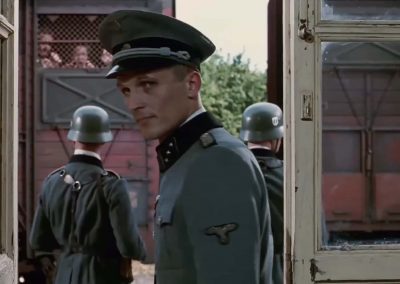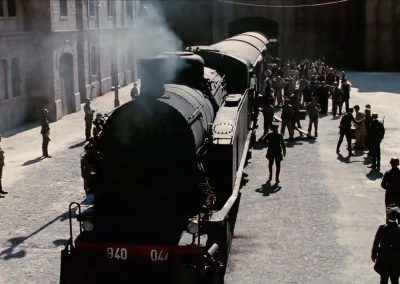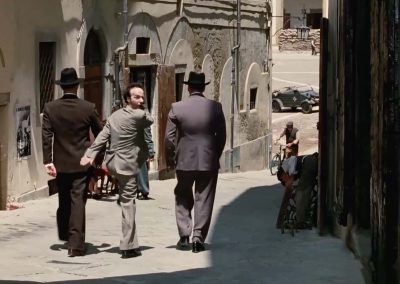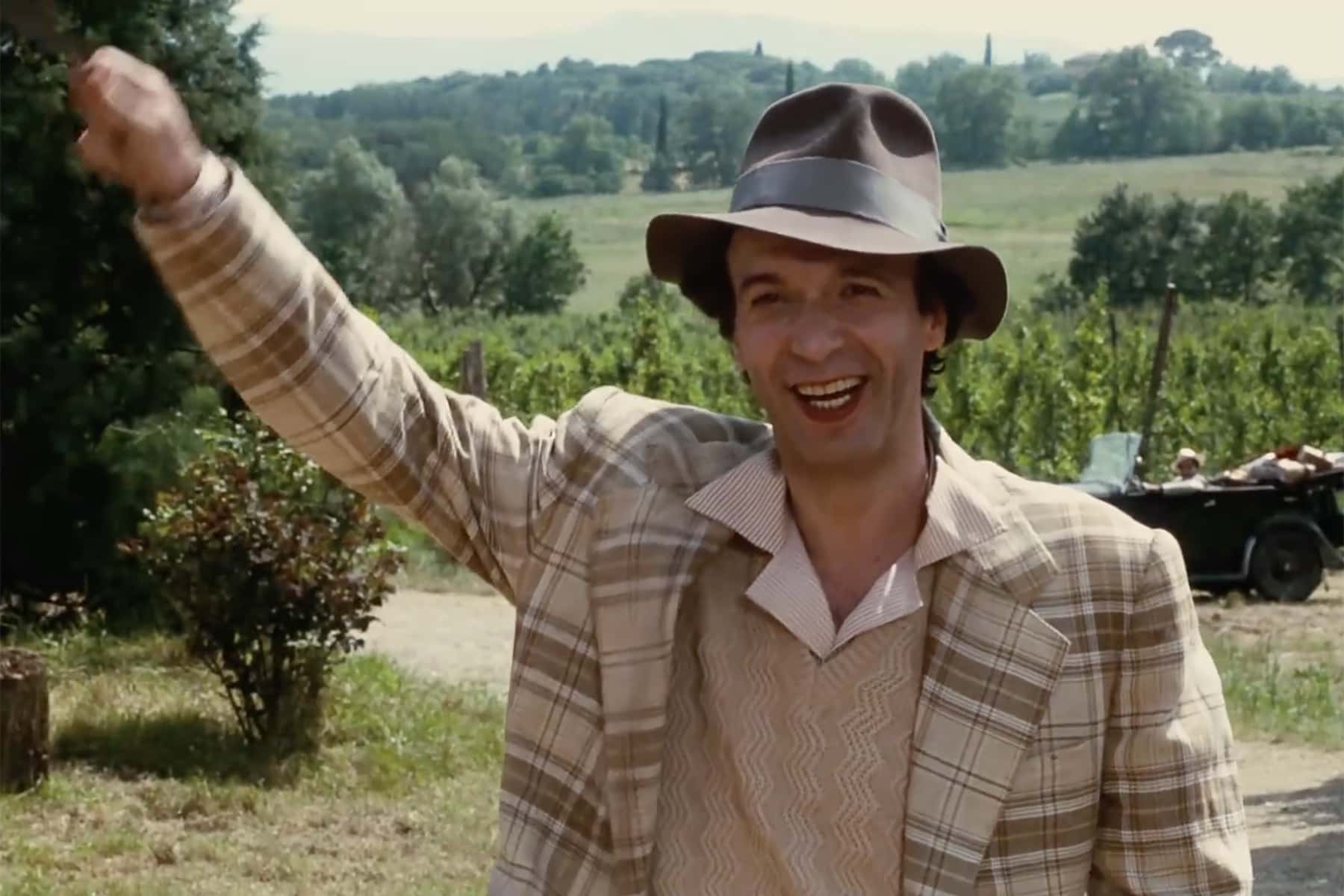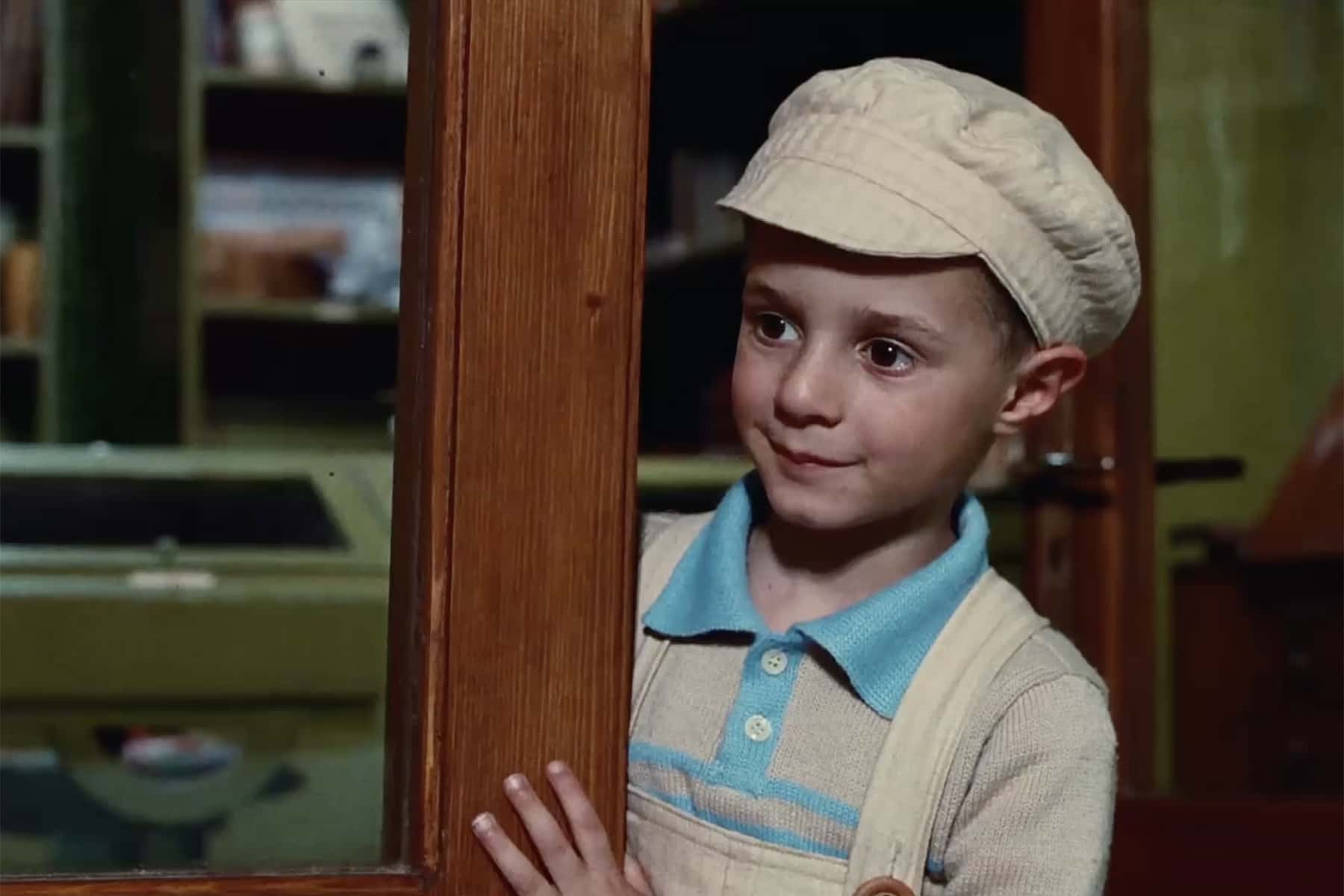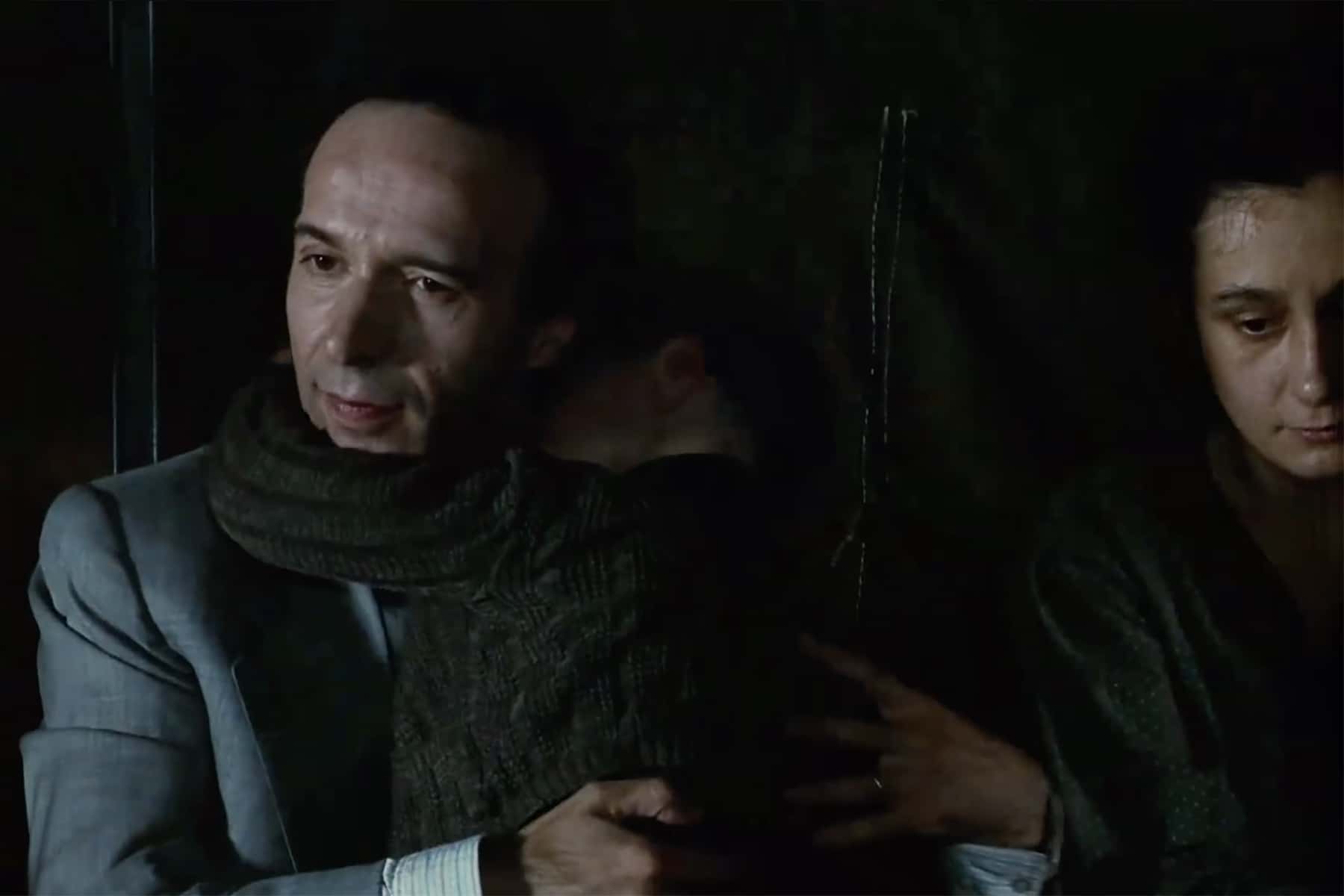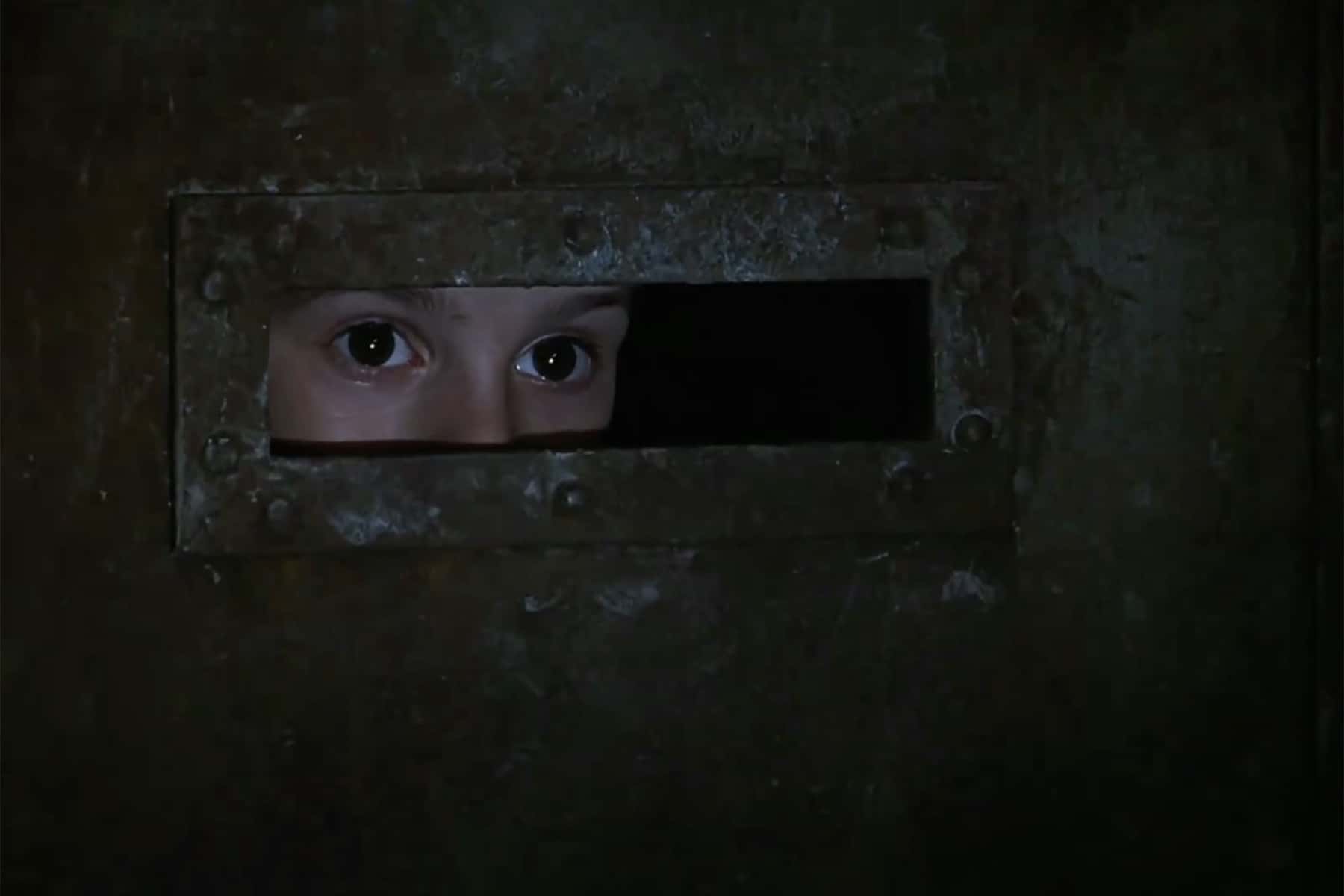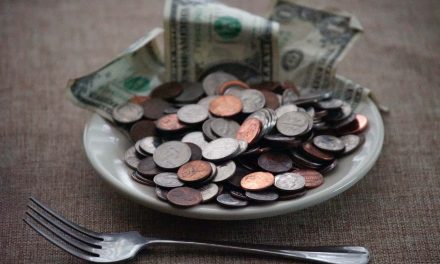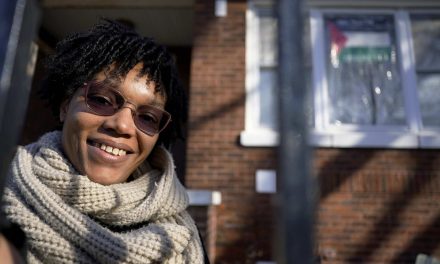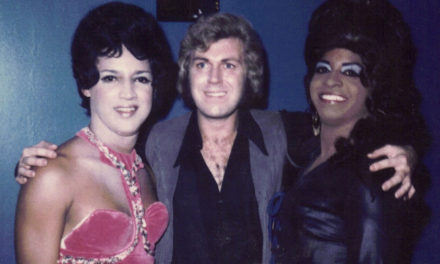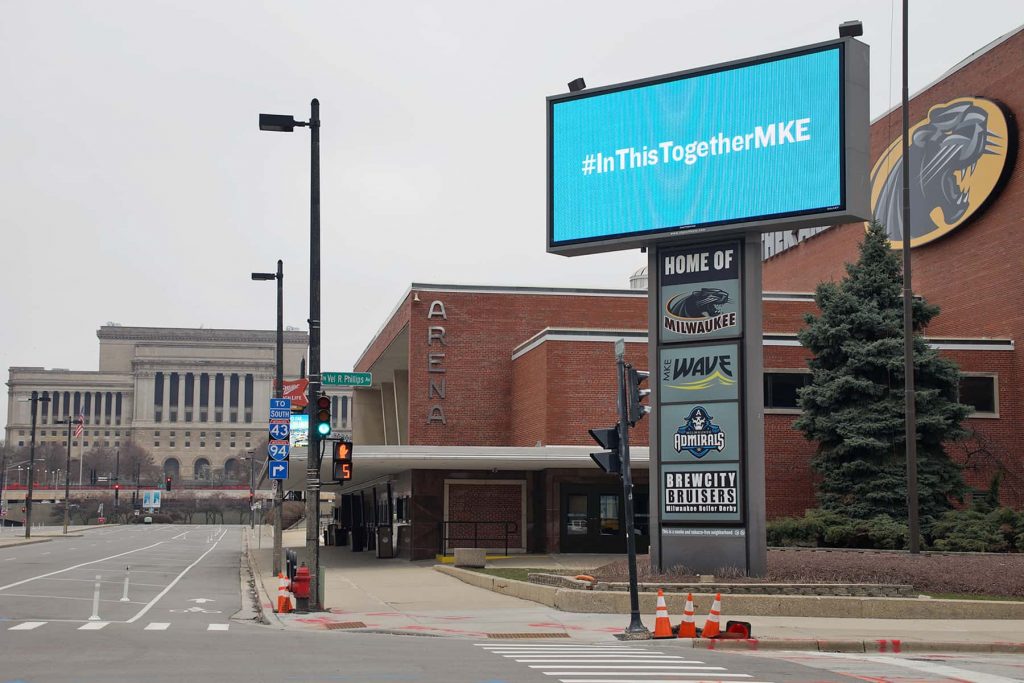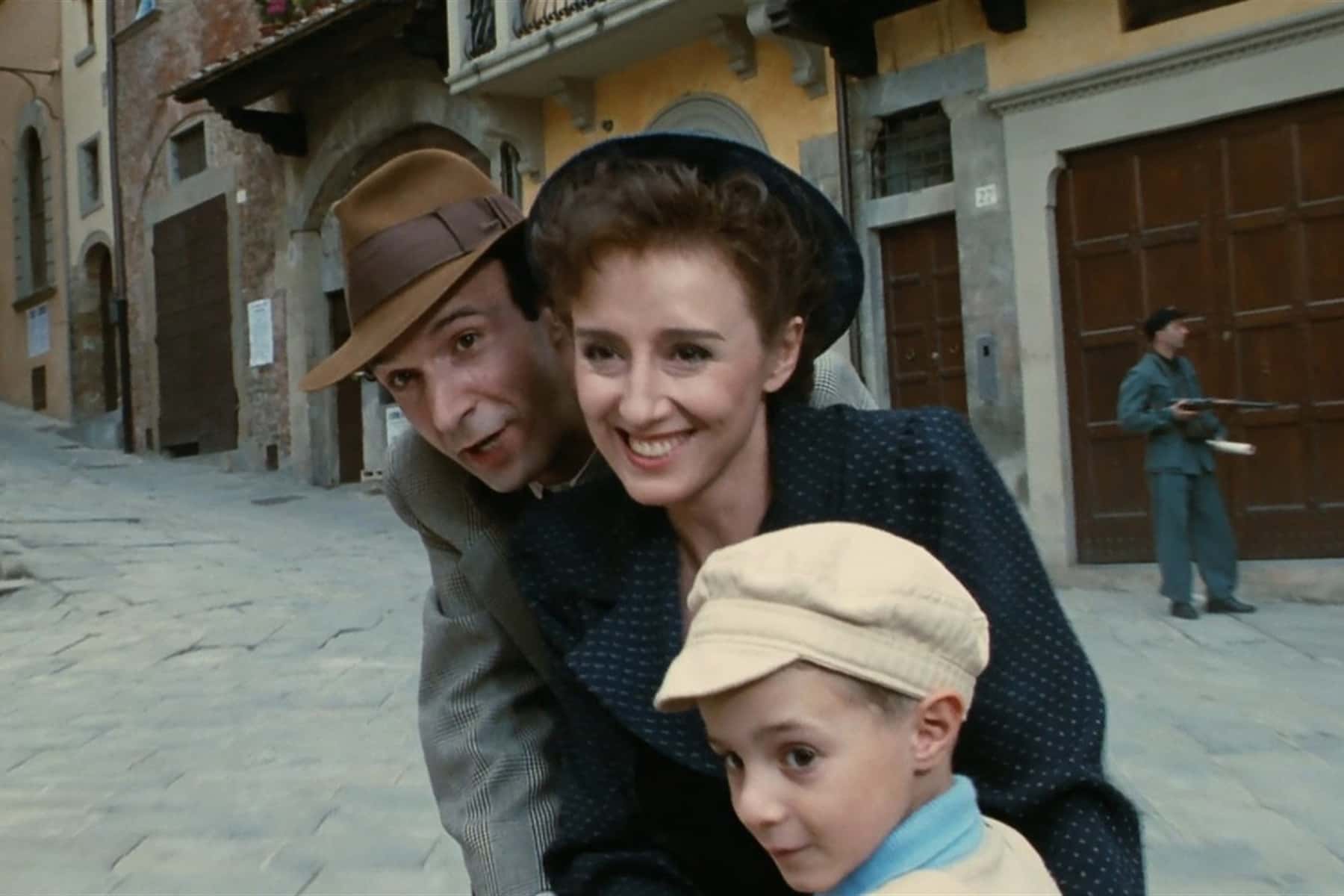
In 1997, the Italian movie Life is Beautiful (La Vita è Bella) burst on our cinema screens and became an international sensation.
In this story, a Jewish father named Guido is imprisoned in a concentration camp with his son Giosuè and goes to absurd and humorous lengths to shield Giosuè from fully realizing the monstrous reality surrounding them. Roberto Benigni, who co-wrote, directed, and starred in the film, played this epic role with conviction, compassion, and comedy, challenging viewers to wonder how far they would go to spare their child from ugly truths. I recall Guido’s charm, wit, and devastating wink, as well as how hard I worked to hold back tears as the credits rolled when first seeing the film as a college student. I am ashamed to admit that I was successful. Not a single tear fell.
The COVID-19 pandemic is not even remotely comparable to the horrors of Nazi Germany during World War II. There is no debate. Adolf Hitler and his accomplices murdered 17 million innocent people in Europe as part of a pogrom of deliberate and systematic extermination over six years. However, I have found myself thinking of Guido’s approach to life and have been inspired by his spirit as a physician, an educator, and a mother of young children navigating the COVID-19 crisis.
In Life is Beautiful, Guido’s efforts to protect his son and to fight for their survival brings meaning to his existence. In my cancer clinic, I come face-to-face with patients actively undergoing radiation therapy who are at high risk of COVID-19 complications. I spend my free time learning about COVID-19 so I can best protect and advocate for my patients to reduce their risk. It has been incredibly humbling to realize how little we understood when the virus reached our shores, and how much more we are going to need to learn to bring a decisive end to this current situation. The uncertainty and fear of the unknown are stressful, but I remember to stay RESILIENT for my patients.
Realizing how lucky I am to have completed my own educational journey without facing a pandemic, I am driven to use my privilege to help our students succeed. As a health science educator, I am motivated to ensure that our learners continue to receive an outstanding educational experience. They must quickly adapt to an unprecedented landscape where there are no guidelines. They are banned from their classrooms and libraries while studying and taking exams in new environments. They are frustrated and worried about their futures. Some are being robbed of seminal life experiences like graduation ceremonies. When Giosuè’s happy childhood is interrupted by war in Life is Beautiful, Guido feels EMPATHY for him and seeks to preserve Giosuè’s childhood during uncertain times.
As our family invents our own new traditions, I think about how Guido turns a dire situation into a comical child’s game. After a day of work, I come home to a bustling household as a mother to young children. With children’s activities and social events canceled, we spend more time together discovering and creating our own little enchanted world. We build forts, bake new delights, and indulge in spontaneous imaginative adventures together. We deal with schoolwork and household chores. Normalcy reigns while anxiety lurks. Our family has been given a beautiful gift. My children know there is an invisible enemy outside our walls, but we are determined to create a little MAGIC for ourselves to get through these days.
Roberto Benigni has said, “to laugh and to cry comes from the same point of the soul, no? I’m a storyteller: the crux of the matter is to reach beauty, poetry, it doesn’t matter if that is comedy or tragedy. They’re the same if you reach the beauty.” I reflect on his philosophy while juggling my roles as a physician, educator, and mother. To persevere in the COVID-19 era, I look for moments of resilience, empathy, and a little bit of magic. When I am unsure of what to do next, I think of Guido and allow myself, finally, to cry.
Dr. Malika Siker
Roberto Benigni and Miramax Films


